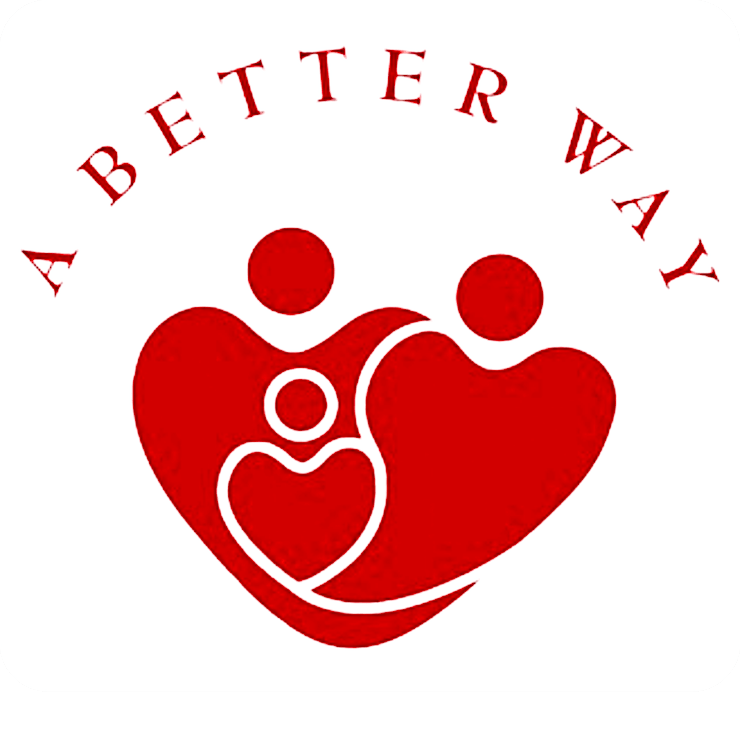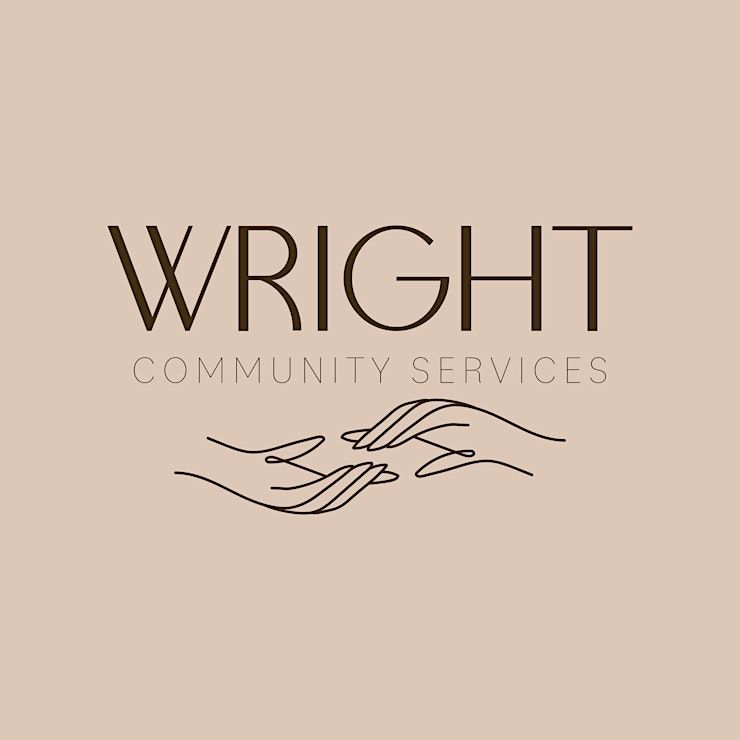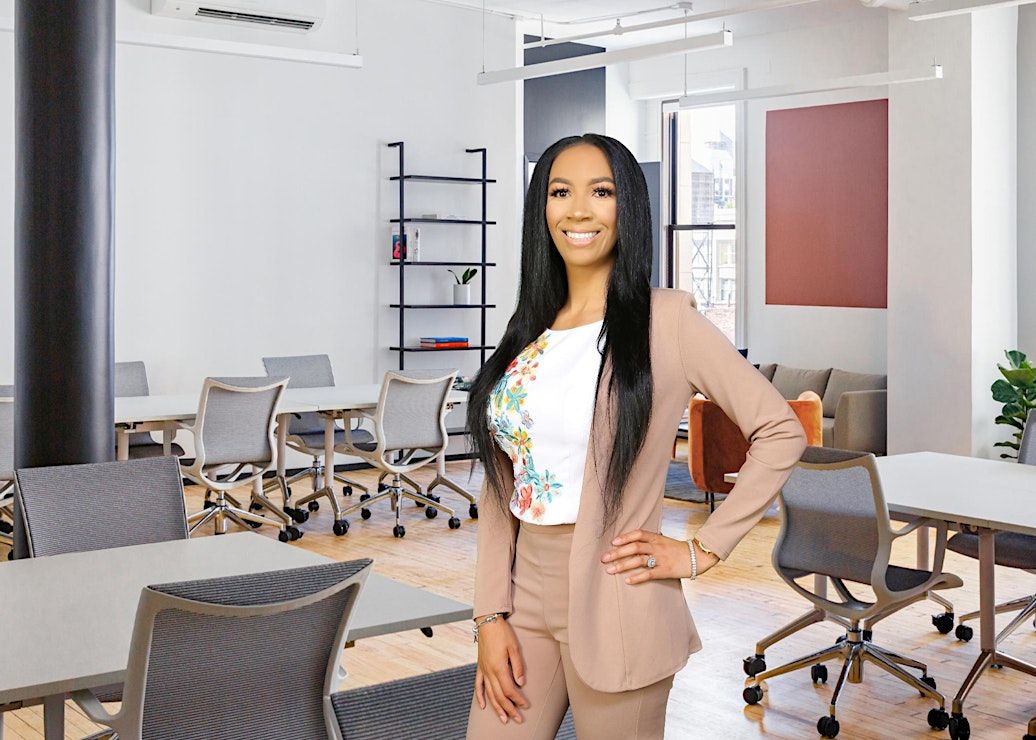Creating Inclusive Classrooms for Child Welfare Professionals In Schools
Schedule
Fri Feb 28 2025 at 09:15 am to 03:15 pm
UTC-08:00Location
Online | Online, 0

About this Event
Trainer: Dr. Marya Wright, DSW, MSW
Date: February 28, 2025
Time: 9:15am - 3:15pm
Location: Virtual – Zoom
Agency: A Better Way Inc.
Participants must complete registration via the A Better Way Inc. website in order to gain full access to the training course.
COMPLETE REGISTRATION HERE:
A Better Way is approved by the California Association of Marriage and Family Therapists to sponsor Continuing Education for LCSW, LMFT, LPCC, LEP (62361). This course meets the qualifications for Continuing Education credit for LMFTs, LCSWs, LPCCs, and/or LEPs as required by the California Board of Behavioral Sciences. A Better Way maintains responsibility for this program/course and its content.
Please email the training department at [email protected] for further assistance.
This course, Culturally Responsive Teaching: Creating Inclusive Classrooms, focuses on equipping educators, professionals, and caregivers working with children, youth, and families in the foster care and juvenile justice systems with the knowledge and skills to create inclusive learning environments. By understanding the unique cultural, emotional, and social needs of court-dependent families, participants will be better prepared to provide equitable educational experiences that promote healing and resilience. The course emphasizes the importance of culturally responsive teaching practices to reduce bias, foster a sense of belonging, and support the holistic development of children and youth who have faced systemic challenges. Participants will learn evidence-based strategies to engage diverse learners, build strong educator-student relationships, and create classroom environments that honor the cultural backgrounds and lived experiences of children in foster care and the juvenile justice system. Through interactive discussions, practical tools, and self-reflection, professionals will gain critical insights into how to effectively support the academic, emotional, and social success of the children and families they serve. The materials will be delivered by PowerPoint presentation, short video clips, group discussion, breakout (small group) discussion, and participant workbook (handout).
Participants can utilize their new skills and knowledge by immediately applying culturally responsive teaching practices in their daily interactions with children, youth, and families in the foster care and juvenile justice systems.
By integrating their new knowledge into case planning, curriculum design, and communication practices, they can enhance their ability to support the academic and social-emotional success of children and families involved in child welfare and juvenile just
1.) Identify three culturally responsive strategies that can be used to create inclusive learning environments for children and youth in foster care or juvenile justice systems. 2.) Analyze how implicit bias impacts educational outcomes for children involved in the child welfare and juvenile justice systems, and develop two methods to mitigate these biases in classroom settings. 3.) Implement at least two evidence-based teaching practices that address the unique cultural and emotional needs of court-dependent children and youth, improving their engagement and academic success. 4.) Demonstrate how to adapt classroom materials and activities to reflect the diverse cultural backgrounds of students in the foster care and juvenile justice systems, promoting equity and inclusivity.



Where is it happening?
OnlineUSD 0.00




















